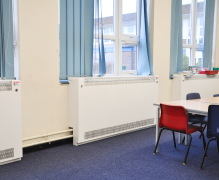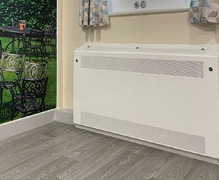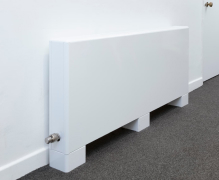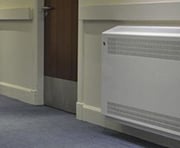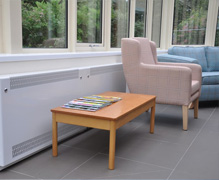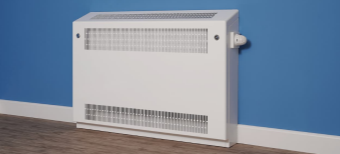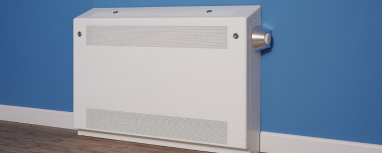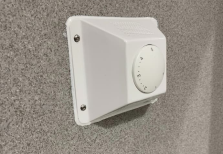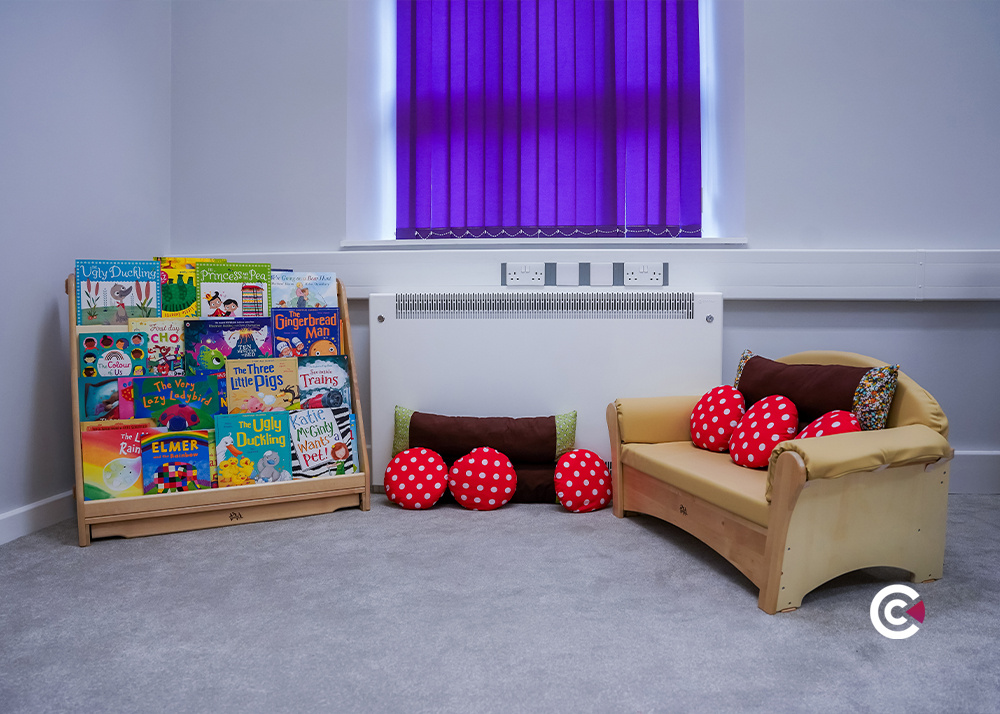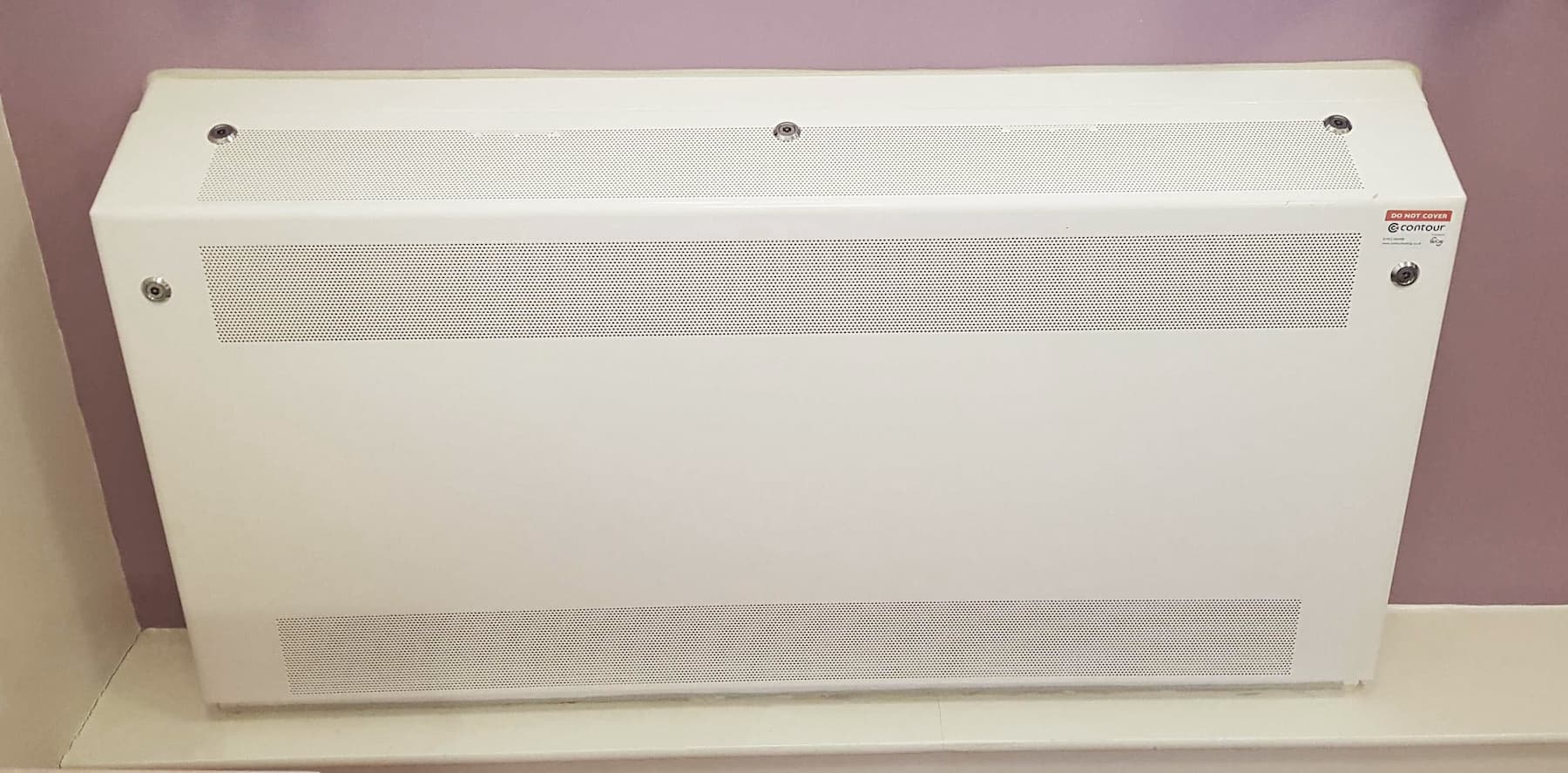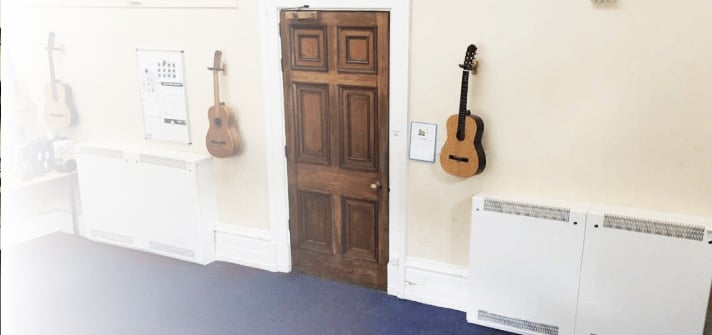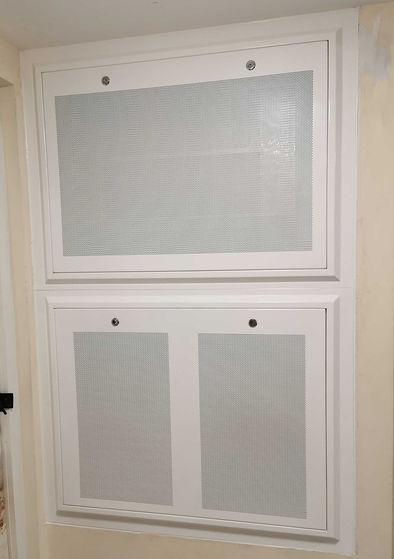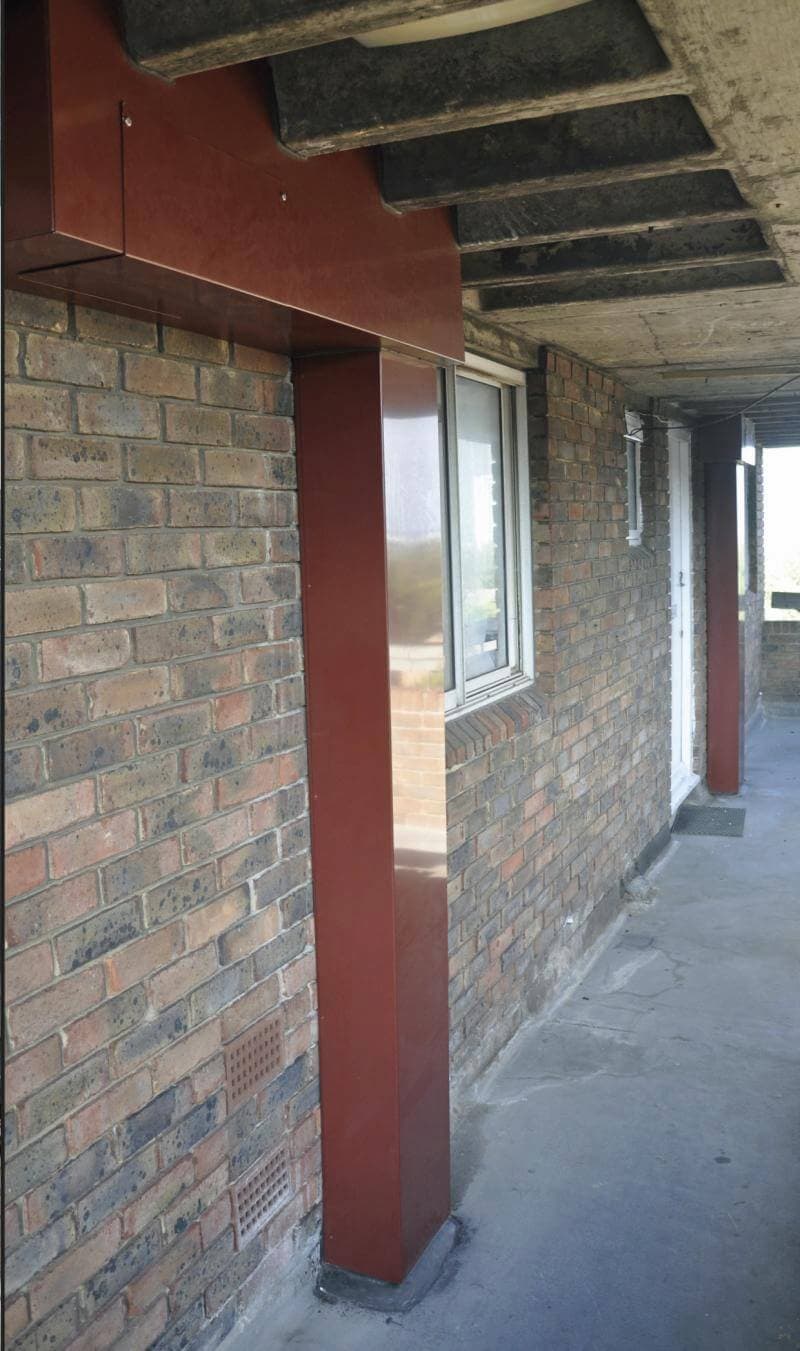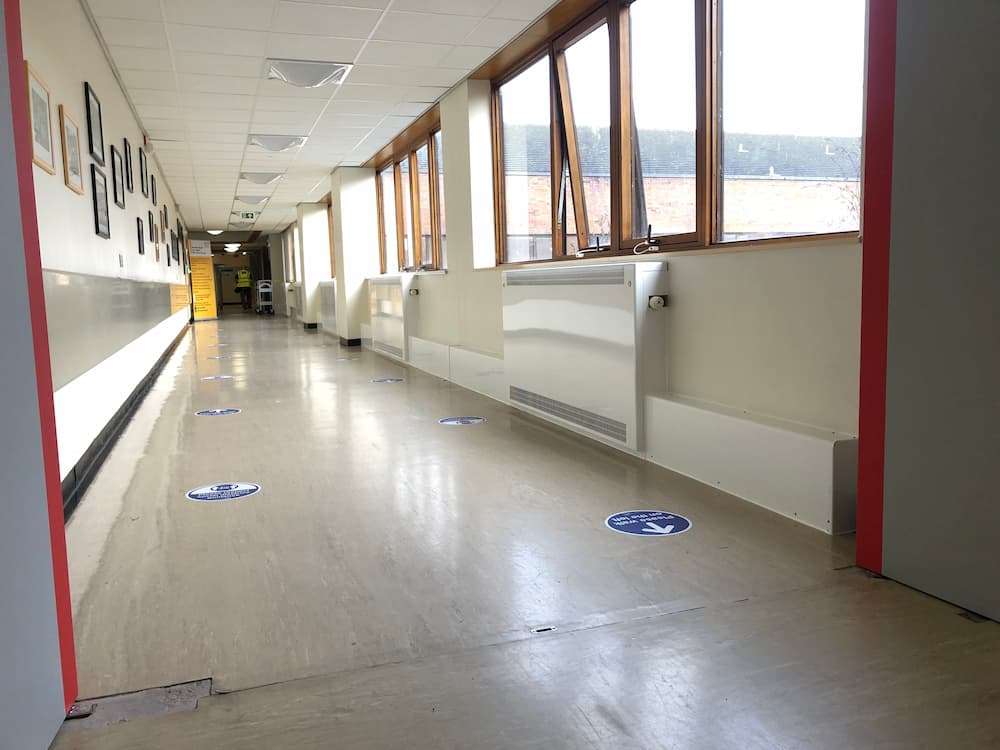In environments where safety is paramount—such as mental health facilities, hospitals, custodial settings and schools for children with special needs—the choice of window protection can significantly impact the well-being of those within.
Windows are not just architectural elements; they are critical to both the safety and therapeutic environment of a facility.
Choosing the right safety protection for windows requires a careful assessment of the unique needs of your setting, as well as an understanding of the options available on the market.
This article delves into the need for specialised window protection, outlines five key factors to consider when selecting the right solution, and explores the available market options to help you make the best choice for your facility.
Understanding the Need for Specialised Window Protection
In vulnerable settings, windows present several risks if not appropriately secured. These risks include:
- self-harm
- accidental injuries
- escape
- external threats such as break-ins and passing of contraband.
The right window protection mitigates these risks while maintaining an environment conducive to healing and comfort.
For instance, in mental health facilities, patients may be at risk of using windows to self-harm. In such settings, the primary concern is to eliminate ligature points while ensuring that the windows are robust enough to withstand impact.
In educational settings, particularly those for children with special educational needs (SEN), windows need to be safe from breakage to prevent injuries while also being designed to minimise distractions and enhance the learning environment.
Key Factors to Consider When Choosing Window Protection
When evaluating the options for window protection, several key factors should guide your decision:
1. Safety and Security Features
The most critical aspect of window protection in vulnerable settings is safety.
Look for features such as:
- anti-ligature design
- shatter resistant materials
- secure locking mechanisms.
For example, Contour offers window protectors that are specifically designed to be anti-ligature, with smooth surfaces and concealed fixtures that eliminate potential attachment points for ligatures. Additionally, materials like polycarbonate are used for their high impact resistance, providing protection against breakage while maintaining clarity.
2. Compliance with Regulations
Ensure that the window protection solutions you consider are compliant with relevant safety regulations and building codes.
This is particularly important in settings such as hospitals and mental health facilities, where specific standards must be met.
3. Ease of Installation and Maintenance
The installation process and ongoing maintenance requirements are also important factors.
Solutions that can be retrofitted with minimal disruption to the existing structure are often preferable in operational environments.
Products that are designed for quick and easy installation, requiring no significant alterations to existing buildings are recommended.
Additionally, specifying products that are low maintenance is essential in settings where hygiene and cleanliness are priorities.
4. Customisation Options
Vulnerable settings often have unique requirements that off-the-shelf solutions may not meet.
Customisation options allow the window protection to blend seamlessly with the facility’s aesthetics while meeting specific safety needs. These include:
- different colours
- tints
- grille placements.
Contour offers bespoke secondary glazing solutions that are made to order, ensuring that they fit perfectly and meet the precise needs of the environment.
5. Cost-Effectiveness
Budget constraints are a reality for many facilities.
It’s important to balance the need for safety with cost considerations.
Some window protection options provide a cost-effective alternative to full window replacements. These products are tailored to fit existing window reveals, which can significantly reduce costs while still providing robust protection.
Exploring Alternatives on the Market
While Contour offers a range of high-quality, specialised window protectors, it’s important to explore the full spectrum of options available to ensure the best fit for your facility. Other providers in the market also offer solutions that may suit different needs or preferences:
- Anti-ligature Window Units: These full window units are ideal for new constructions or as replacements in existing buildings, particularly in mental health facilities. While they effectively prevent ligature points, retrofitting them can be highly disruptive as it requires the complete removal of the existing window.
- Window Restrictors: Devices attached to window frames to limit how far they can be opened. They offer no protection to the glass itself and require direct installation into the window frames.
- Window Bars and Grilles: Fixed bars or grilles that cover windows to prevent escape or unauthorised entry. The downside of these is that they limit window use as an emergency exit, don't protect the glass and can negatively impact the aesthetic and well-being of the occupants due to their intrusive appearance.
- Standard Window Protectors: Units designed to fit over existing windows but lack anti-ligature features. These may include standard handles and external fittings, which can create potential safety hazards.
Conclusion: Making the Right Choice for Your Facility
Choosing the right safety protection for windows in your vulnerable setting is not just about selecting a product; it’s about making an informed decision that takes into account the specific risks, needs, and goals of your environment.
Whether you opt for Contour’s bespoke solutions or explore alternatives from other reputable providers, the key is to ensure that the windows in your facility contribute to a safe, secure, and supportive atmosphere.
By carefully evaluating your options and considering the unique challenges of your setting, you can select window protection that not only safeguards your occupants but also enhances their well-being.
Find Out More
For more detailed advice or to explore Contour’s range of anti-ligature window protectors, click here or contact our expert team today.
-1.png)


